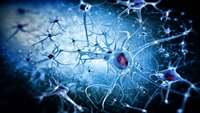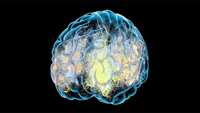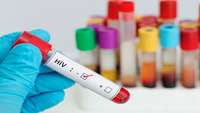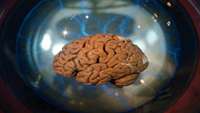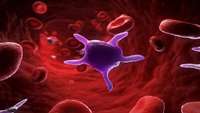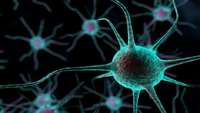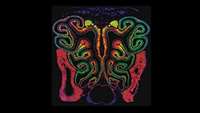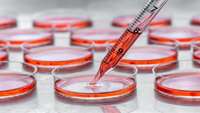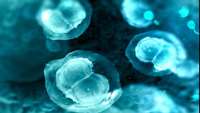“Boosting Production” is the pivotal issue of the new year: Imam Khamenei
The following is the full text of the message issued on March 21, 2019, by Ayatollah Khamenei—the Supreme Leader of the Islamic Revolution—on the occasion of Nowruz, the Persian New Year.
Stroke: Preventing the damage by acting on the neuronal environment
With over 300 cases per day in France, stroke is the leading cause of handicap among adults, and the second cause of death. Eighty to 85 percent are caused by the occlusion of a cerebral artery by a blood clot (ischemic stroke), with nearby neurons dying because of oxygen deprivation.
New study describes various gene therapy strategies for treating Parkinsons disease
Parkinsons disease is a neurodegenerative disorder characterized by motor and nonmotor deficits majorly caused by the loss of dopaminergic cells in the Substantia Nigra pars compacta (SNc) as well as the destruction of nigrostriatal pathway.
A cure for HIV? Feasible but not yet realized
This week a team of scientists and physicians from the U.K. published news of a second HIV positive man, in London, who is in long-term (18-month) HIV remission after undergoing treatment for Hodgkins lymphoma. The unexpected success has launched a new round of discussion about a potential cure for HIV.
The brains support cells show defective development in Huntingtons disease
The neurological disorder Huntingtons disease causes behavioural and motor changes, which among other things are a result of dysfunctional maturation or formation of glial cells, the brains support cells, researchers from the University of Copenhagen demonstrate in a new study based on mouse trials.
Platelets grown from stem cells may be alternative to donated platelets
Researchers have developed a way to grow human platelets in the laboratory from stem cells derived from fat tissue. The achievement, reported today in the journal Blood, suggests manufactured platelets could eventually reduce the reliance on donated platelets to help patients with cancer and other disorders.
Human blood cells can be directly reprogrammed into neural stem cells
Scientists from the German Cancer Research Center (DKFZ) and the stem cell institute HI-STEM in Heidelberg have succeeded for the first time in directly reprogramming human blood cells into a previously unknown type of neural stem cell.
Why the sense of smell declines in old age
As mammals age, their sense of smell deteriorates. In a study published in the journal Cell Reports, an interdisciplinary research team at Helmholtz Zentrum München and the University Medical Centre Mainz investigated why this is the case
Effects of spaceflight on heart cell formation from stem cells
Researchers used time-lapse imaging to show that mouse induced pluripotent stem cells (iPSCs) grown during spaceflight differentiated into cardiomyocytes significantly faster than similar cells grown at Earths gravity. The robust cardiomyocyte formation at microgravity, which lasted for 10 days, is described in an article published in Stem Cells and Development.
Japan trial to treat spinal cord injuries with stem cells
A team of Japanese researchers will carry out an unprecedented trial using a kind of stem cell to try to treat debilitating spinal cord injuries, the specialists said on Monday.



